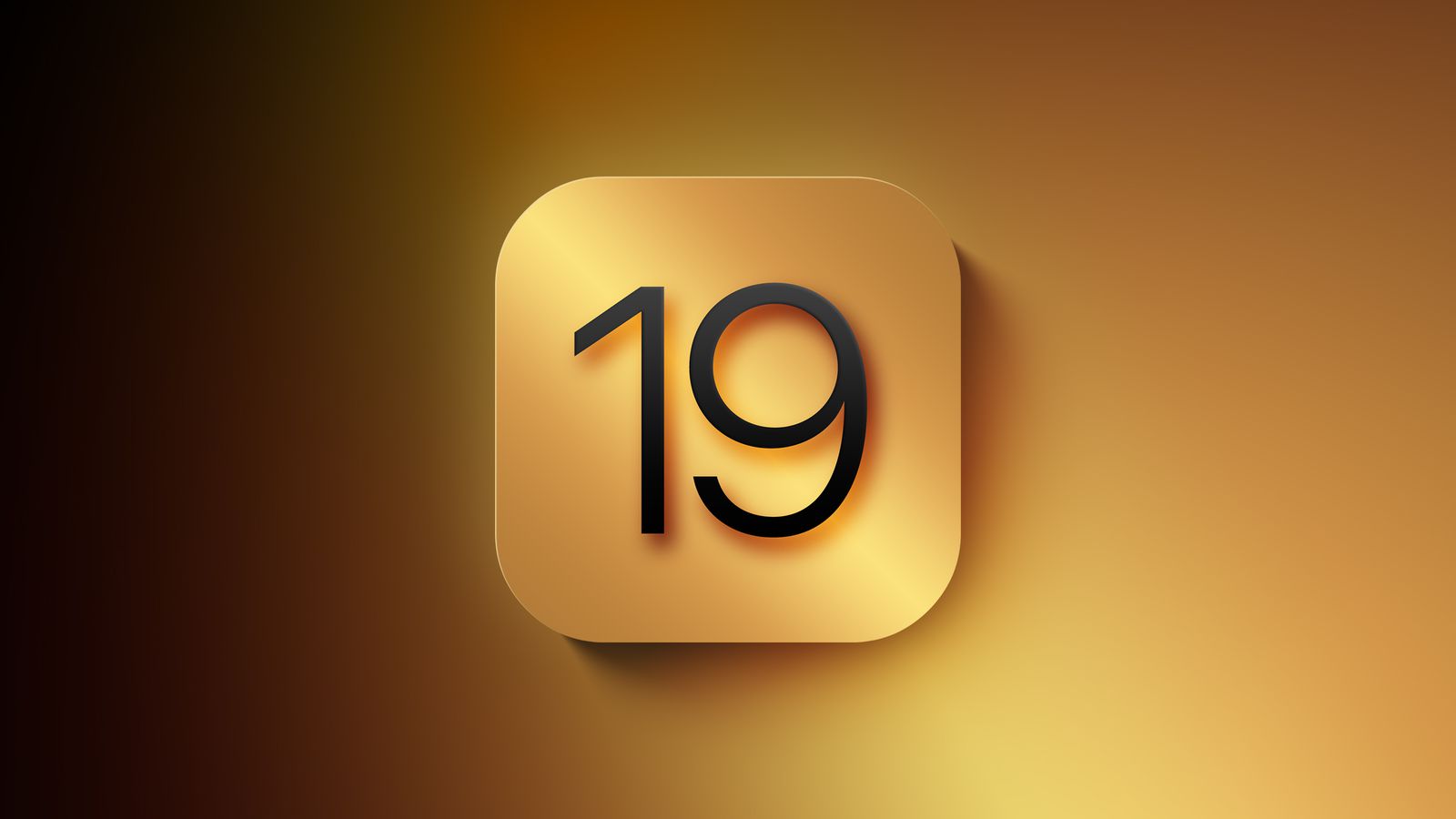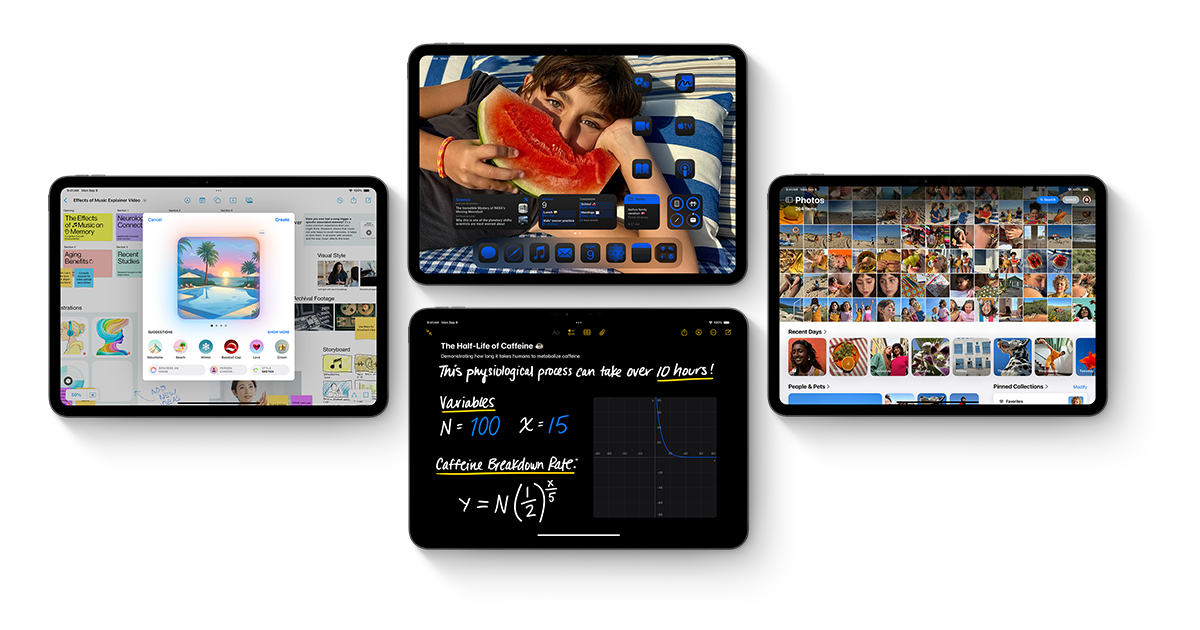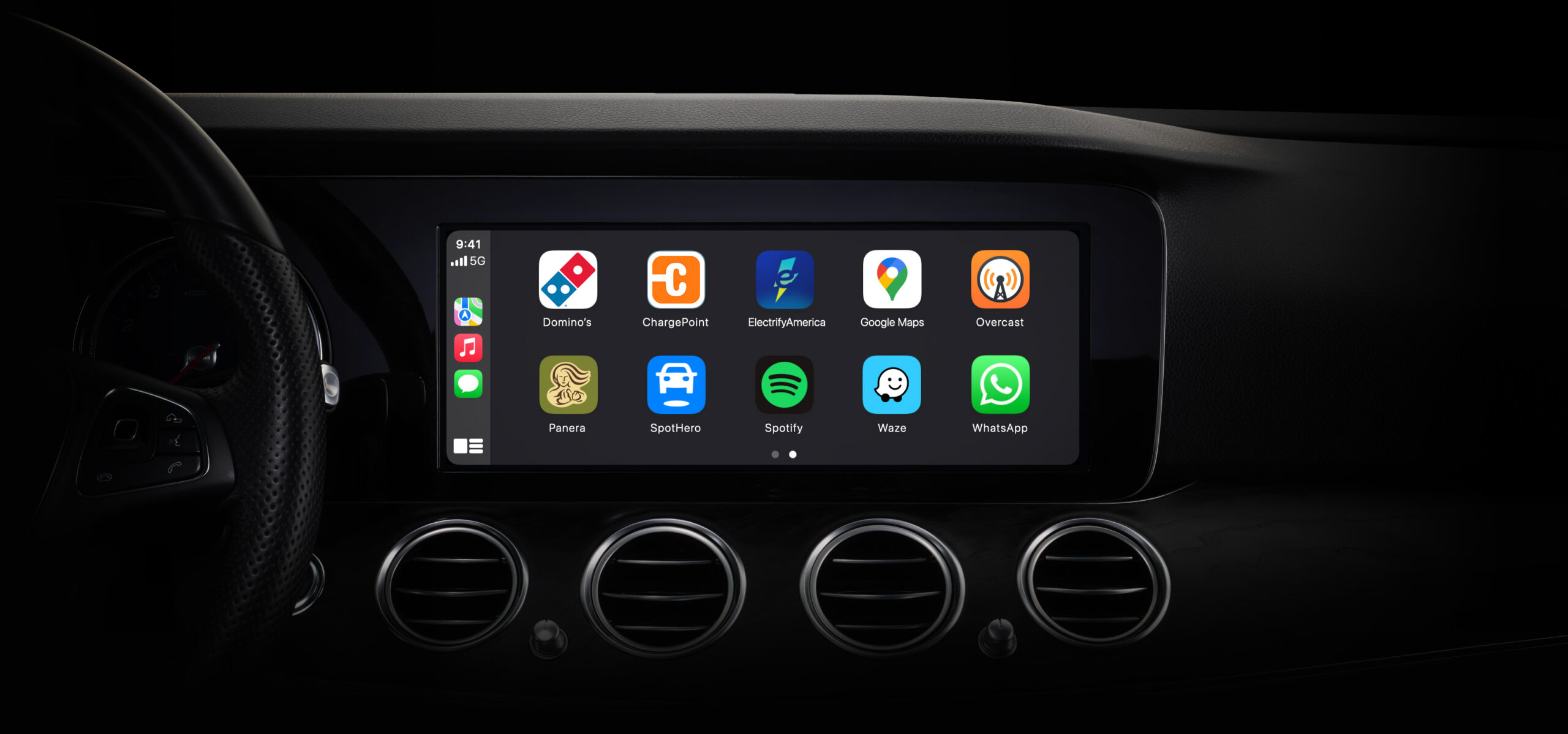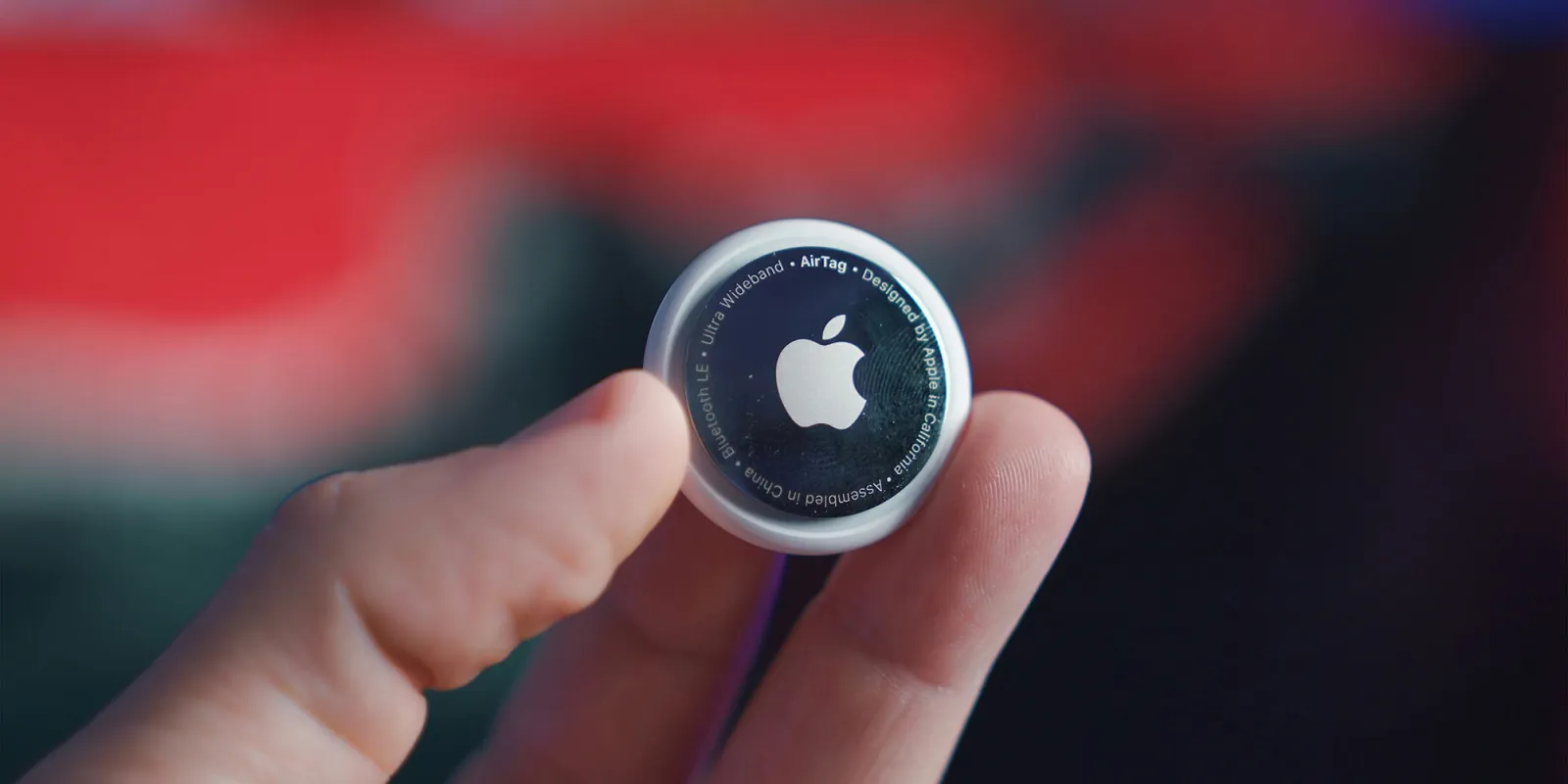Apple has big ideas for 2027, but with no major design updates in sight, some fans are growing restless. The tech giant is crafting a tabletop robot, a fresh device that could transform how we use technology at home. They’re also planning a special iPhone to mark its 20th anniversary, featuring a sleek, full-screen design with a camera tucked beneath the display. Building these iPhones will be tricky, so Apple will likely rely on Chinese factories rather than Indian ones.
Apple is also dreaming up AirPods and Apple Watches with cameras. These won’t just snap photos—they’ll use AI to analyze your surroundings, powered by new chips called “Nevis” for the Watch and “Glennie” for AirPods, both slated for 2027. On top of that, Apple is working on a foldable iPhone and smart glasses to rival competitors.
For software, iOS 19 will bring a travel-friendly feature that lets your Apple devices share hotel Wi-Fi info seamlessly. Meanwhile, Apple is looking beyond Google, experimenting with AI-driven search tools for Safari to give users a smarter browsing experience. These bold plans highlight Apple’s drive to lead the tech world, though 2027 feels like a distant wait for eager users.





